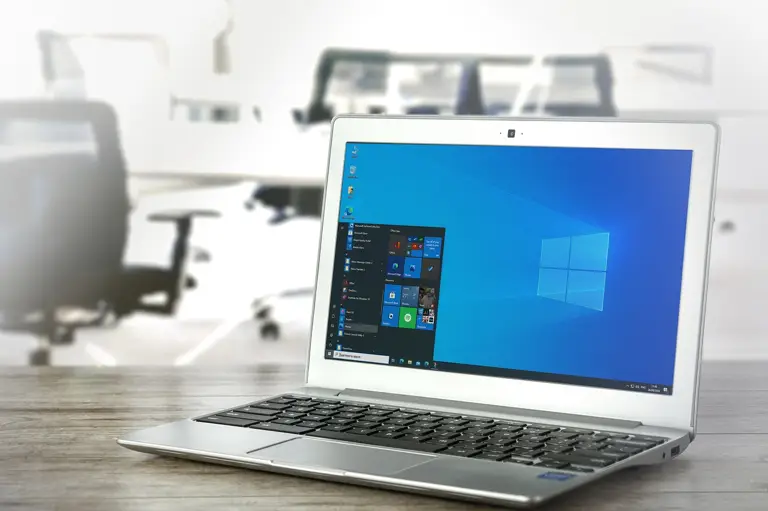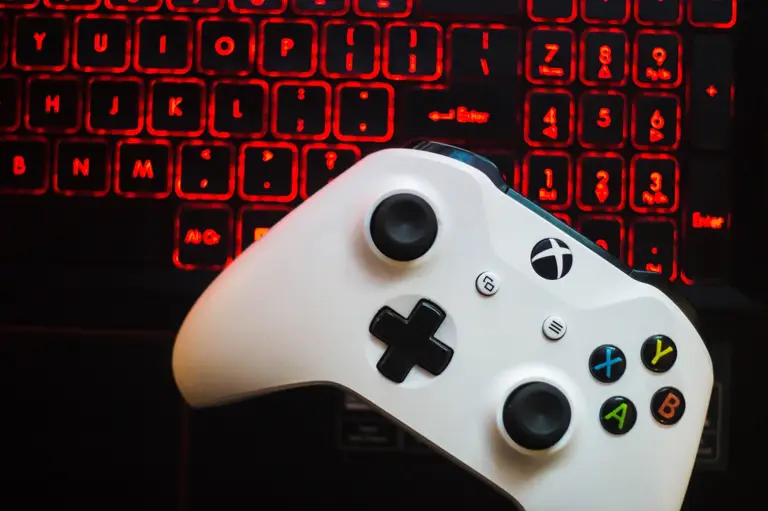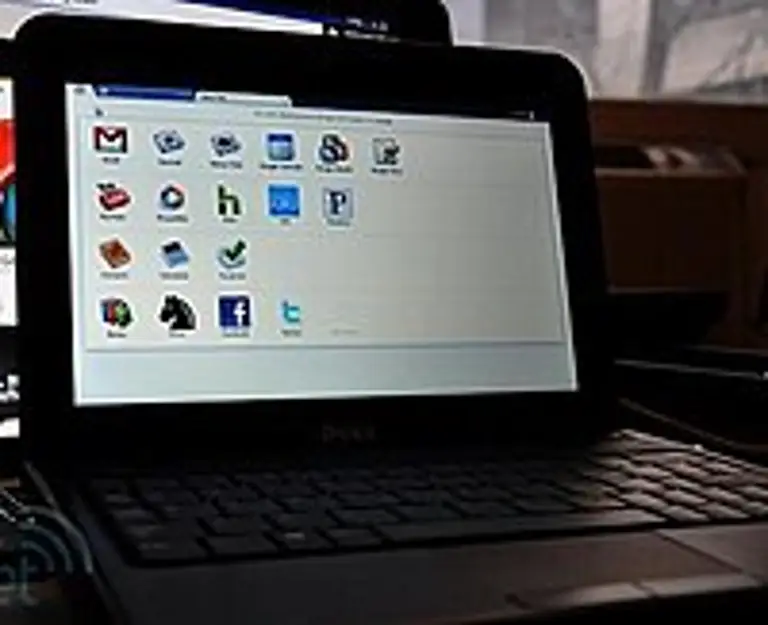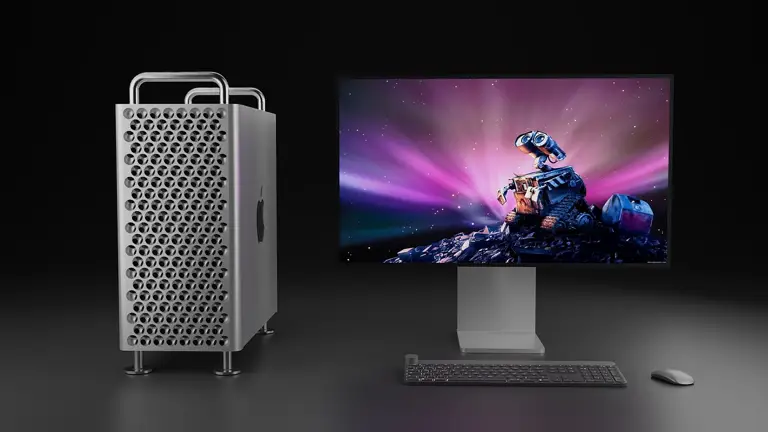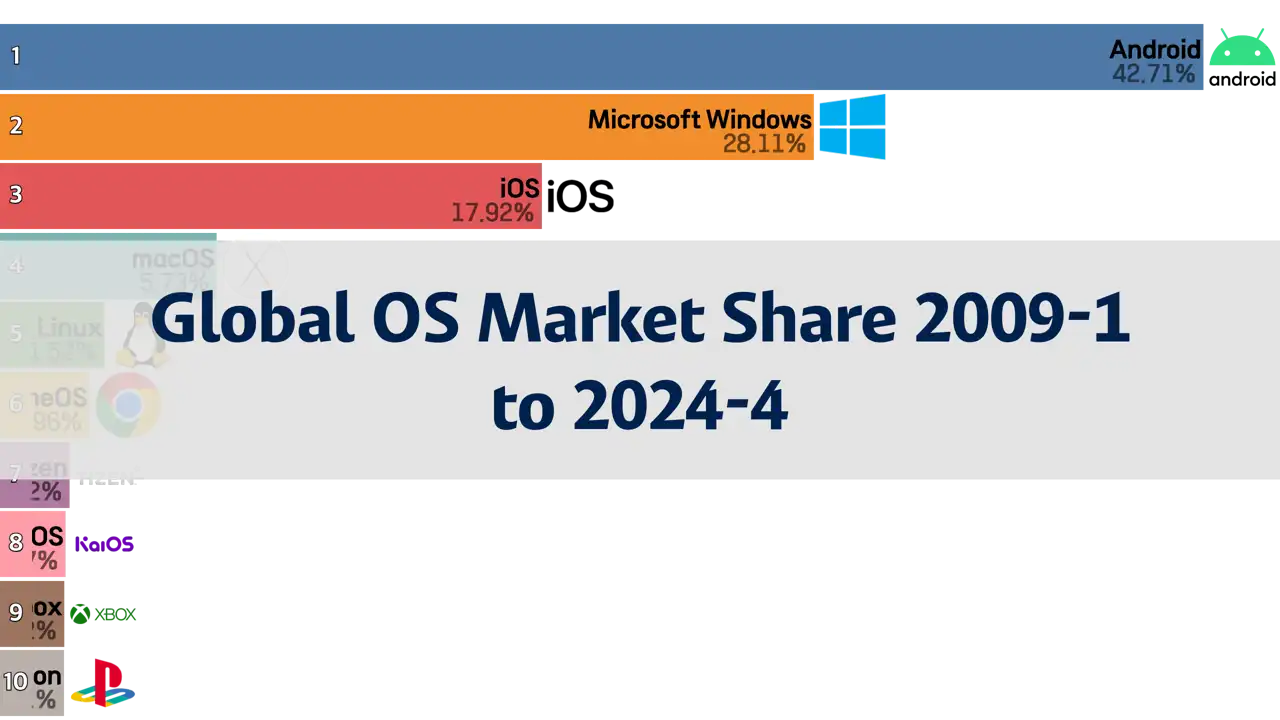
The Global OS Market Share in April 2024: A Look at the Top 10 Operating Systems
- ASUMUP
- Others
- August 5, 2024
In April 2024, the global operating system (OS) market was dominated by familiar names like Android, Windows, and iOS. These giants, catering to both mobile and desktop users, continue to shape the digital landscape. However, a closer look at the top 10 operating systems reveals a broader spectrum of platforms, including those powering specialized devices like gaming consoles and smart TVs. This ranking offers an insightful overview of how different OSs are performing globally, reflecting trends in user preferences, device ecosystems, and technological advancements.
Top 10 OS Market Shares in 2024
- 1st Android - 42.71%
- 2nd Windows - 28.11%
- 3rd iOS - 17.92%
- 4th OS X - 5.73%
- 5th Linux - 1.52%
- 6th Chrome OS - 0.96%
- 7th Tizen - 0.22%
- 8th KaiOS - 0.07%
- 9th Xbox - 0.02%
- 10th PlayStation - 0.01%
10th PlayStation - 0.01%
The PlayStation operating system, which powers Sony's PlayStation consoles, has a 0.01% share of the global OS market. Like the Xbox OS, PlayStation's OS is designed specifically for gaming and entertainment, offering a seamless experience for users within Sony's gaming ecosystem. Although its market share is tiny in the broader OS landscape, the PlayStation OS is central to the console's success and its dedicated gaming community.
9th Xbox - 0.02%
The Xbox operating system, used in Microsoft's gaming consoles, holds a 0.02% share of the global OS market. Designed specifically for gaming, the Xbox OS is optimized for performance, multimedia capabilities, and integration with Microsoft's gaming ecosystem. While its market share is minimal compared to general-purpose operating systems, it plays a crucial role in the gaming industry, providing a platform for a wide range of entertainment experiences.
8th KaiOS - 0.07%
KaiOS, an operating system designed for feature phones, holds a 0.07% share of the global OS market. It is popular in emerging markets where affordable, internet-enabled phones are in demand. KaiOS supports essential apps and services, bringing a smartphone-like experience to users who may not have access to more expensive devices. Its market share, though small, highlights its importance in bridging the digital divide in less developed regions.
7th Tizen - 0.22%
Tizen, a Linux-based OS developed by Samsung, captures 0.22% of the global market share. Tizen is primarily used in Samsung's smart TVs, wearables, and other IoT devices, rather than traditional computing environments. Its market share reflects Samsung's strategy to develop a proprietary OS for its ecosystem of devices, offering greater control over software updates and user experience. While small, Tizen's presence is notable in the smart device sector.
6th Chrome OS - 0.96%
Chrome OS, developed by Google, holds a 0.96% share of the global OS market. Known for its simplicity and integration with Google services, Chrome OS is popular in educational institutions and among users looking for an affordable, web-centric computing experience. Chromebooks, which run Chrome OS, are especially favored in schools due to their ease of use, low cost, and cloud-based functionality, making them ideal for students and educators.
5th Linux - 1.52%
Linux, an open-source operating system, commands a niche but important 1.52% of the global OS market. It is widely used in servers, development environments, and increasingly in personal computing by users who prefer its flexibility, security, and open-source nature. Linux's appeal lies in its customization capabilities and the strong community support, making it a preferred choice for tech-savvy users and enterprises with specific requirements.
4th OS X - 5.73%
OS X, now referred to as macOS, has a 5.73% share of the global OS market. macOS is favored by users who appreciate its seamless integration with Apple's hardware, user-friendly interface, and robust security features. While macOS's market share is smaller compared to Windows, its user base is highly dedicated, particularly in the creative industry where Apple's products are considered industry standards.
3rd iOS - 17.92%
iOS, Apple's mobile operating system, accounts for 17.92% of the global OS market. iOS's market share is bolstered by the strong sales of iPhones and iPads, particularly in developed markets like North America and Europe. The closed ecosystem of iOS ensures a high level of security and performance, contributing to its popularity among users who prioritize these features. Apple's brand loyalty and premium device lineup continue to drive the OS's significant market presence.
2nd Windows - 28.11%
With a 28.11% share, Windows holds its position as the leading operating system for desktop and laptop computers. Windows is known for its compatibility with a wide range of software and hardware, making it a staple in both personal and professional environments. Despite facing competition from mobile operating systems, Windows' user base remains substantial due to its entrenched position in the PC market and its continuous updates to enhance user experience and security.
1st Android - 42.71%
Android continues to lead the global OS market with a commanding share of 42.71% as of April 2024. Its widespread adoption across a variety of devices, especially smartphones, underpins its dominance. The open-source nature of Android allows for extensive customization and development by manufacturers, making it the preferred choice in many regions, particularly in Asia and other emerging markets. This flexibility, combined with a vast app ecosystem, helps Android maintain its strong market position.
Other Posts in the Others
| The Global OS Market Share in April 2024: A Look at the Top 10 Operating Systems |
|---|
Categories
- National Rankings(43)
- Science & Technology(1)
- Sports(24)
- Economy(30)
- Society(12)
- Culture(7)
Recent Posts
![Bayern Spent HOW MUCH on Harry Kane?! Ranking Their Top 10 Biggest Signings Ever]() A deep dive into Bayern Munich's ten most expensive transfers, exploring how the club's spending strategy has evolved to chase European glory.
A deep dive into Bayern Munich's ten most expensive transfers, exploring how the club's spending strategy has evolved to chase European glory.![Arsenal's Record-Shattering Spree: From a €116M Gamble to a Flop, Who Was Worth the Cash?]() A deep dive into Arsenal's top 10 most expensive signings, analyzing the successes, the failures, and the massive fees that have defined the club's modern transfer strategy.
A deep dive into Arsenal's top 10 most expensive signings, analyzing the successes, the failures, and the massive fees that have defined the club's modern transfer strategy.![Chelsea Cashes In BIG TIME! Who Really Won the 25/26 Summer Transfer Window Money Game?]() A deep dive into the top 10 clubs that made the most money from player sales during the wild 25/26 summer transfer window.
A deep dive into the top 10 clubs that made the most money from player sales during the wild 25/26 summer transfer window.![Liverpool's Record-Breaking €483M Spree! Did They Just Buy the Premier League Title?]() A deep dive into the 25/26 summer transfer window reveals Liverpool's record-breaking spending spree as Premier League clubs continue to dominate the market.
A deep dive into the 25/26 summer transfer window reveals Liverpool's record-breaking spending spree as Premier League clubs continue to dominate the market.![You Won't Believe How Much a Loaf of Bread Costs in These Countries! (Spoiler: It's INSANE)]() This post explores the top 10 countries with the most expensive bread, revealing how factors like import reliance and tourism dramatically inflate the cost of this basic staple.
This post explores the top 10 countries with the most expensive bread, revealing how factors like import reliance and tourism dramatically inflate the cost of this basic staple.
